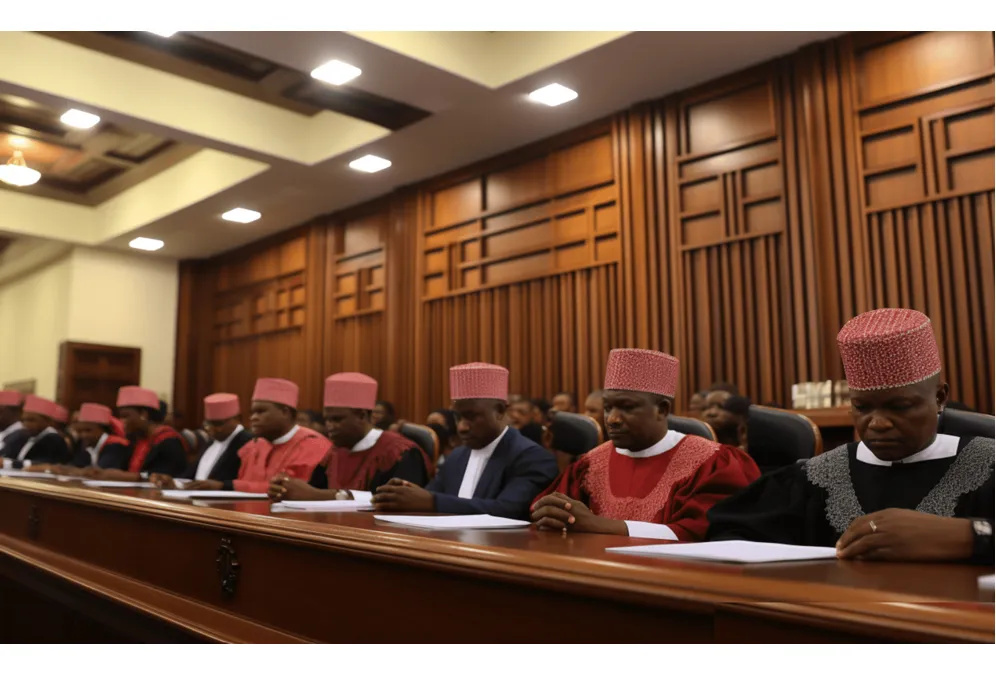
On May 17, the Nigerian court ordered Tigran Gambaryan, a detained Binance middle-level executive, to stand trial on behalf of the cryptocurrency exchange. This comes despite Binance repeatedly insisting he had no decision-making power in the company. Gambaryan is expected to take a plea on behalf of Binance this Wednesday. Earlier, he pleaded not guilty to all counts. The defendant's bail application was declined due to alleged high flight risk.
The same day, the Economic and Financial Crimes Commission called its first witness, an SEC employee. The witness testified that Binance's operations in Nigeria were unlawful and repeated accusations that the exchange's activities in the country negatively affected the value of the local fiat currency.
In February, the Nigerian government lashed out at crypto exchanges, accusing them of accelerating the devaluation of the local fiat currency naira, which has fallen by almost 40% since the beginning of this year. First, the government tried to block the exchanges' websites and then filed tax evasion and money laundering charges against the largest player, Binance. Later, the government continued its attempts to stabilize the naira: started blocking crypto traders' accounts, barred local FinTech companies from onboarding new users, and revoked the licenses of over 4,000 Bureau De Change operators, companies that carry out small-scale foreign exchange services.
The conflict with Binance started earlier; the exchange has been under investigation since at least the end of last year. Still, according to its CEO, Richard Teng, the company has never been provided comprehensive details of the allegations. He recently revealed that local authorities asked the exchange back in January to secretly pay a significant amount in crypto "to make these issues go away." Some representatives of the local crypto community expressed skepticism about the statement, suggesting Binance is trying to discredit the country's authorities.
The two Binance representatives, Tigran Gambaryan and Nadeem Anjarwalla, arrived in the country at the end of February to discuss ways to settle the outstanding compliance issues and find means of further cooperation. Although meetings with multiple government representatives were scheduled, behind the scenes, the crackdown on crypto was taking place and both were immediately detained. Anjarwalla managed to escape custody, but reportedly Kenyan police have already arrested him and might send him back to Nigeria. His colleague remains in custody and might eventually be forced to serve as not only the agent for the exchange but also the other escaped executive.
Meanwhile, the fight against cryptocurrency continues in Nigeria. The new chair for the Nigeria Security Exchange Commission, Emomotimi Agama, with a pro-crypto background, had a roundtable on May 6 with local and international exchanges to seek consensus on the status of crypto in the country. The meeting was expected to bring at least some clarity and probably some positive changes, but eventually, the Director General of the SEC only announced plans to delist the naira from all P2P platforms to combat the manipulation of the currency’s value in the foreign exchange market. He did promise to consider comments from industry participants when developing regulations but gave no details on the timeline.
The situation has caught the attention of global institutions that are observing the country's policies. In its latest country report, the IMF has recommended that Nigeria license global cryptocurrency exchanges as a part of its economic reformation measures to restore macroeconomic stability.

